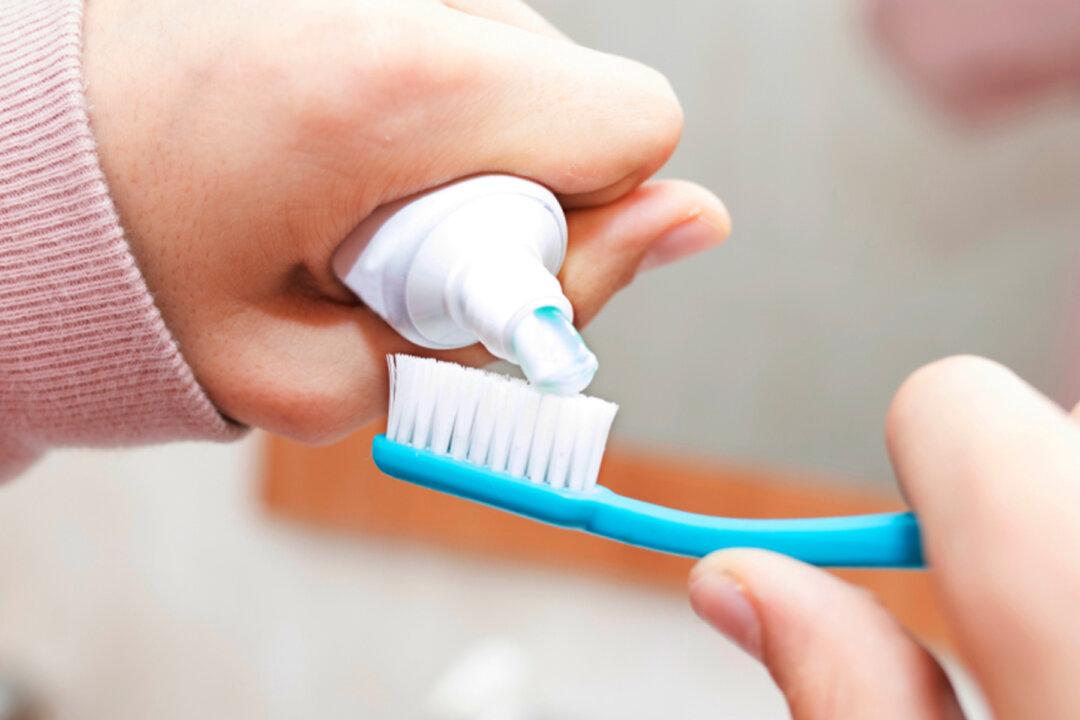When you think of your dental hygiene routine in the morning and evening, your mind probably doesn’t think about superbugs. However, the sad truth is your toothpaste likely contains harmful ingredients that may harm your health by creating superbugs that ultimately put your mouth and your overarching health at risk.

Illustration - Shutterstock
|Updated:




